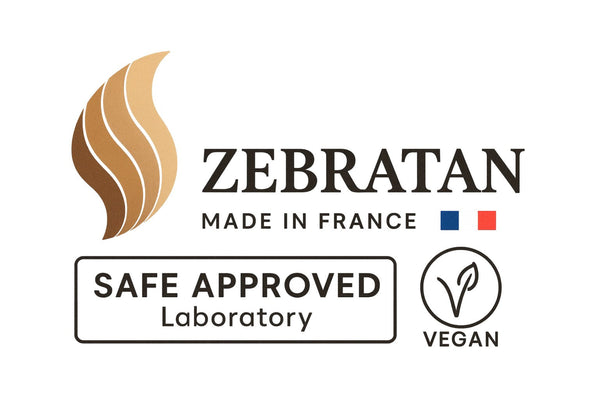Some skin diseases: vitiligo, psoriasis, eczema and acne
Some skin diseases: vitiligo, psoriasis, eczema and acne
What is vitiligo?
Vitiligo is an autoimmune disease that manifests itself by the appearance of white patches on the skin . This depigmentation is due to a lack of melanin, the pigment responsible for the natural color of the skin. Vitiligo occurs when the immune system attacks melanocyte cells, leading to the destruction of the pigmented areas.
The white patches on the skin associated with vitiligo can appear differently from person to person and affect different areas of the body. This disease, which affects only one to two percent of the population, remains little known and currently has no cure.
There are several forms of vitiligo. Segmental vitiligo is located on a single part or side of the body, such as part of the face, an arm, or a leg. Generalized vitiligo affects both sides of the body, often symmetrically. Vitiligo universalis, which is rarer, affects much or all of the skin.
Certain external causes can trigger or worsen vitiligo and the appearance of white spots on the skin , such as sunburn, injuries, shocks or exposure to certain chemicals.
What is psoriasis?
Psoriasis is an inflammatory and autoimmune skin disease characterized by the appearance of thick, scaly plaques. These plaques can form on different areas of the body, especially where the skin is subject to friction, such as the elbows, knees, or scalp, leaving red, irritated areas.
Psoriasis is not contagious and progresses in cycles with periods of remission. It affects approximately 2 to 4% of the population, primarily Caucasians, and most often appears in the early thirties. This disease can also affect children and affects men and women equally.
The exact causes of psoriasis are not fully understood, but genetics, environmental factors, and stress may play a role. The rapid turnover of skin cells causes the buildup of thick plaques that can be uncomfortable or painful, particularly on the hands, feet, or in skin folds.
What is eczema?
Eczema is a non-contagious inflammation of the skin characterized by intense redness and itching. It can appear from a very young age, even in infants, and progresses in flare-ups alternating periods of symptoms and remissions.
Eczema is often associated with asthma and other allergic reactions. The exact mechanisms remain unclear, but the immune system and skin cells are involved. Stress and exposure to irritating chemicals can promote the onset of symptoms.
This disease is most common in children, affecting up to 30% of them, and about 10% of adults. Its prevalence has increased sharply over the past thirty years.
What is acne?
Acne is an inflammation of the sebaceous glands that produce sebum. It particularly affects teenagers and manifests itself as pimples on the face, back, neck, and chest. Excess sebum can clog pores and cause inflammation.
Acne can leave scars and comes in different forms, such as whiteheads or comedones, blackheads, red spots, and pustules. It can have a significant impact on self-esteem and social life, especially when the lesions are visible on the face.
This text was written for informational purposes. Only a dermatologist can make an accurate diagnosis and suggest appropriate treatment.
